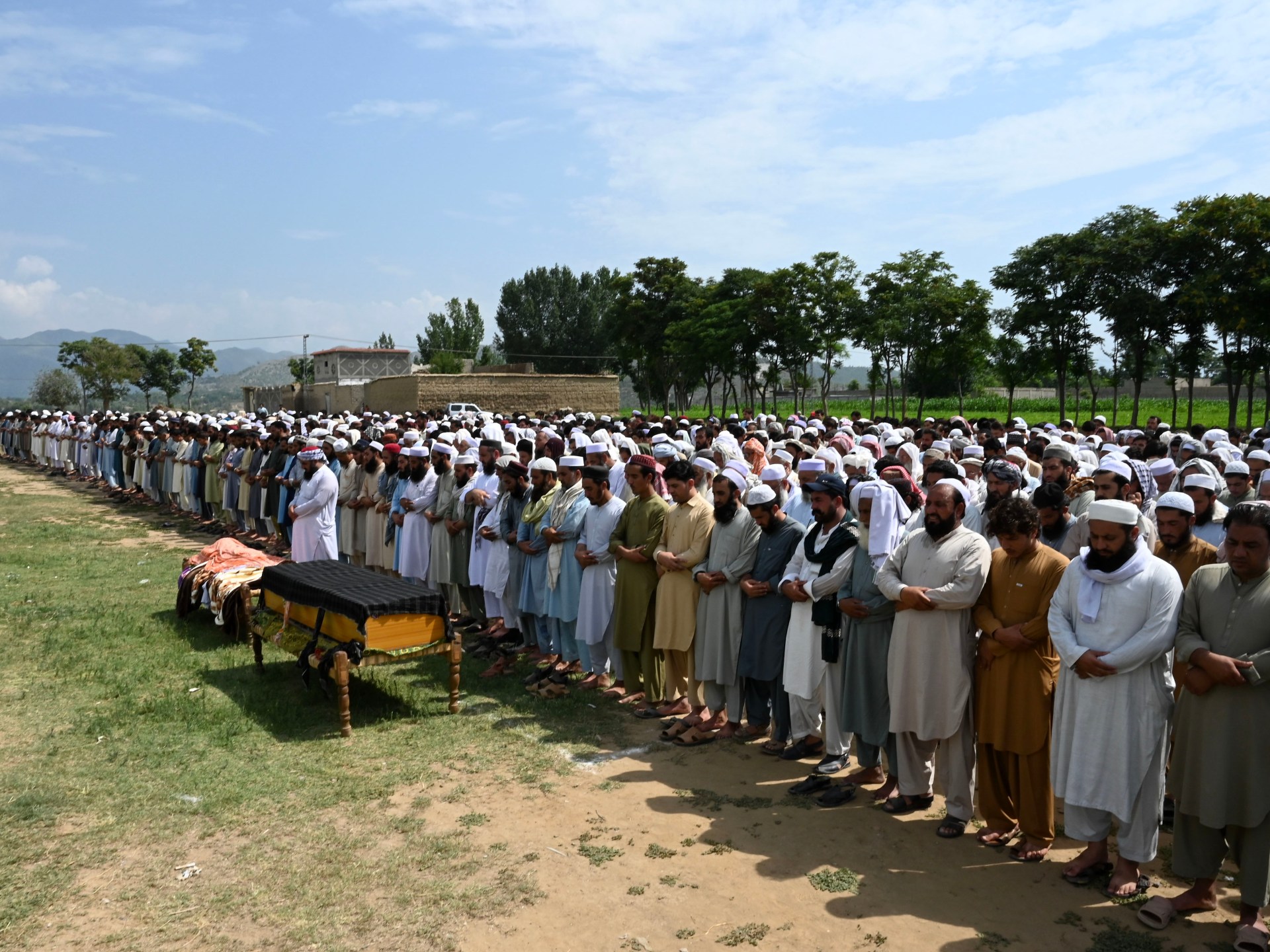
Introduction
In a tragic incident that has sent shockwaves across Pakistan, a suicide blast rocked the JUI-F political convention, resulting in the loss of 44 innocent lives. The police, who are actively investigating the incident, suspect the involvement of the notorious terrorist organization ISIS. This heinous act of violence has once again highlighted the grave security challenges the country faces and emphasizes the urgent need for comprehensive measures to combat terrorism.
The JUI-F Political Convention
The Jamiat Ulema-e-Islam-Fazl (JUI-F) is a prominent political party in Pakistan known for its conservative Islamic ideology. The party attracts a large number of supporters and plays a significant role in the country’s political landscape. The political convention was a gathering of JUI-F members, local leaders, and supporters, aimed at discussing pressing issues and strategizing for the upcoming elections.
The Horrific Suicide Blast
On the fateful day of the convention, chaos erupted as a suicide bomber infiltrated the venue and detonated an explosive device, causing immense devastation and loss of life. The blast occurred during a crowded session when party leaders were addressing the attendees. The explosion left 44 people dead and scores of others injured, many of them critically.
Suspicions Point to ISIS
In the aftermath of the deadly blast, law enforcement agencies swiftly launched an investigation to ascertain the perpetrators behind this barbaric act. Initial findings and intelligence reports have raised serious suspicions of ISIS’s involvement. The terrorist group has a history of executing such attacks to spread fear and assert its influence.
Combating Terrorism: The Need of the Hour
The JUI-F political convention bombing has once again brought the issue of terrorism to the forefront. Pakistan has been battling terrorism for several years, facing numerous challenges to its national security. The country’s law enforcement agencies and armed forces have made significant strides in curbing extremist activities, but this tragic event underscores the need for a comprehensive and proactive approach.
1. Enhancing Intelligence Coordination
To effectively combat terrorism, it is crucial to strengthen intelligence coordination among various agencies. Timely sharing of information and intelligence can help preempt potential threats and disrupt terrorist networks.
2. Community Engagement and Awareness
Community engagement plays a vital role in countering extremism. Promoting awareness and educating the public about the dangers of radicalization can help in identifying and reporting suspicious activities within neighborhoods.
3. Securing Vulnerable Targets
Security measures should be intensified at potential targets like political gatherings, religious sites, and public spaces. Deploying modern surveillance technology and increasing the presence of law enforcement personnel can deter potential attackers.
4. Countering Online Radicalization
In today’s digital age, the internet has become a breeding ground for extremist ideologies. Pakistan must work closely with tech companies to monitor and eliminate online content that promotes violence and radicalization.
5. Strengthening Border Security
ISIS is known to exploit porous borders to infiltrate countries and carry out attacks. Ensuring tight security at the borders can help prevent the movement of terrorists and illegal weapons.
Unity Against Terrorism
In the face of such a brutal attack, it is essential for all segments of society to stand united against terrorism. Political parties, religious leaders, civil society organizations, and citizens must join hands to condemn violence in all its forms and work towards peace and stability.
Conclusion
The suicide blast at the JUI-F political convention in Pakistan, resulting in the loss of 44 lives, is a stark reminder of the ongoing threat of terrorism in the region. The suspected involvement of ISIS calls for a redoubling of efforts to combat extremism and ensure the safety of citizens. By implementing comprehensive security measures, enhancing intelligence sharing, countering online radicalization, and promoting community engagement, Pakistan can move towards a safer and more secure future. It is time for the nation to unite against terrorism and work collectively to build a peaceful and prosperous Pakistan for generations to come.









